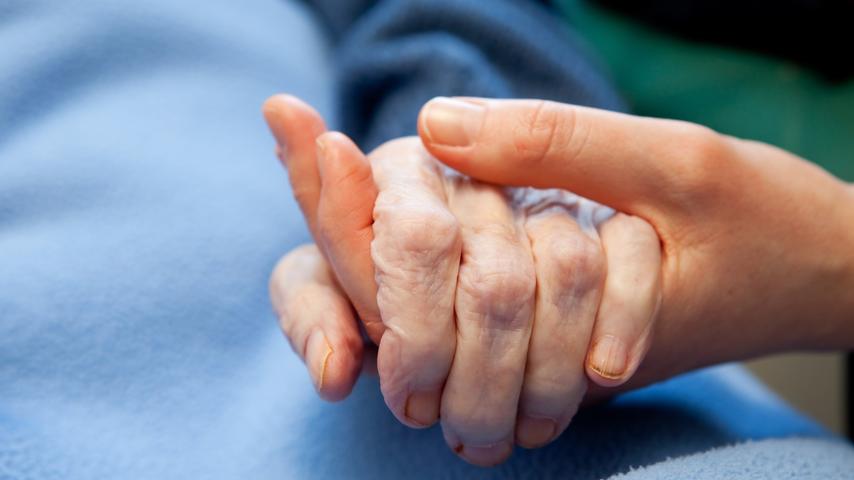Need Help
For enquiries please call
WhatsApp

L.B. Nagar,
Hyderabad
Lakdi-Ka-Pul,
Hyderabad
Parel,
Mumbai
Kengeri,
Bengaluru
Perumbakkam – Sholinganallur,
Chennai
L.B. Nagar,
Hyderabad
Lakdi-Ka-Pul,
Hyderabad
Parel,
Mumbai
Kengeri,
Bengaluru
Perumbakkam – Sholinganallur,
Chennai
Chest pain can be a worrying symptom because of its association with heart attacks. At the same time, keep in mind that pain or heaviness in the chest can also be indicative of digestive, musculoskeletal, respiratory, or other physical and mental health ailments. Because of its association with heart attacks, chest pain should never be ignored. However, chest pain isn’t always a cause for panic as there are ways to tell if it is an emergency that requires quick medical attention.
Although heart attacks don’t always present with chest pain, it should be treated as such if you notice other symptoms including:
In the event that such symptoms persist for 5 minutes or more, seek immediate medical care.
Aside from heart problems like coronary artery disease, myocarditis, or a heart attack, chest pain can also have other causes. Some of these can include:
Common heart related chest pain causes include:
A condition of narrowing or blockage of blood vessels, impairing blood and oxygen flow to the heart muscles. The chest pain may radiate to the shoulder, back, arm, neck, or jaw.
The condition in which reduced blood flow to the heart causes damage or death of heart muscle cells. This is characterized by crushing pain in the centre of the chest or right chest pain.
A condition of heart muscle inflammation that can cause similar symptoms to those of a heart attack although there is no blockage.
This describes inflammation or infection of the pericardium, which is a protective sac around the heart. It can cause sharp pain in the left chest that can also radiate to the neck and shoulder.
Other heart related causes of chest pain include hypertrophic cardiomyopathy, mitral valve prolapse, and coronary artery dissection.
Chest pain associated with respiratory causes is usually a result of lung injury or impairment of airflow because of problems with the airways. Respiratory conditions that can cause pain in the middle of the chest or stabbing pain in the chest include pneumonia, asthma, COPD, collapsed lung, pulmonary embolism, pleurisy, pulmonary hypertension, and lung cancer.
Chest pain that is caused by a respiratory condition will typically worsen with any kind of exertion or heavy breathing, while it is relieved with rest and slow breathing.
Chest pain linked to digestive disorders is usually connected to problems that affect the esophagus. The esophageal tube connects the throat to the stomach to carry food or liquid that you consume. Conditions like acid reflux or GERD are known to cause heartburn, which is characterized by a sharp pain in the chest. It is often confused with heart attacks. Conditions like esophageal contraction disorders, esophageal hypersensitivity, peptic ulcers, and gallbladder disease can also cause chest pain.
Chest problems and pain linked to gastrointestinal problems are usually relieved with exercise and exacerbated with lying down, as opposed to chest pain caused by heart and lung disease.
In addition to heart, respiratory, or gastrointestinal disease, chest pain can also be caused by musculoskeletal problems or nerve disorders, such as muscle strain, a rib injury, shingles, or stress and anxiety disorders that cause panic attacks.
Chest pain that is accompanied by other symptoms associated with a heart attack should always be treated as a medical emergency. However, chest pain that develops suddenly and does not improve with anti-inflammatory medications and dietary changes should also be brought to the attention of your doctor.

Indian Standard for Hospital Accreditation

Indian Standard for Blood Bank Accreditation
For enquiries please call